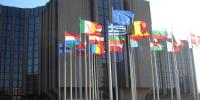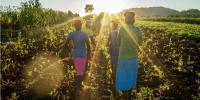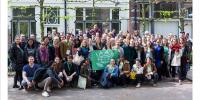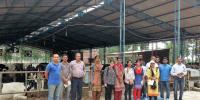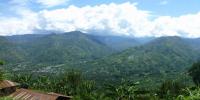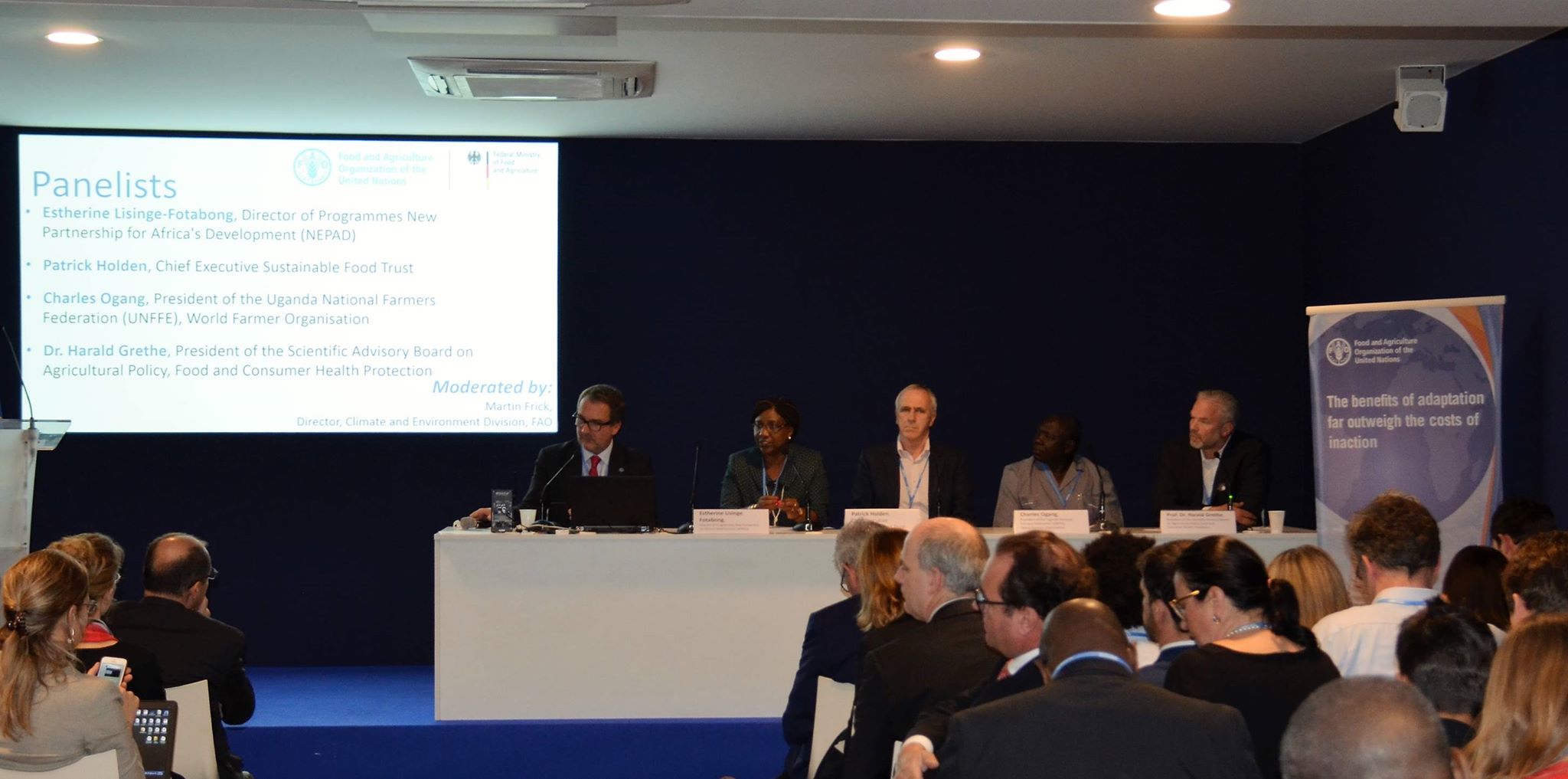 ,
, The agricultural sector is among the foremost priority for the post-Paris climate action in developing countries.
The challenge is to increase the efficiency of agricultural production while ensuring the preservation and sustainable use of natural resources.
The side event “Quo Vadis? Agriculture and Food Security under the Paris Climate Agreement” jointly organized by the Food and Agriculture Organization of the United Nations (FAO) and the Federal Ministry of Food and Agriculture of Germany, discussed the crucial role agriculture plays for adaptation and mitigation in the post-Paris context and how to move from political commitment to action.
Christian Smith, Federal Minister of Food and Agriculture, Germany, illustrated the recently adopted National Climate Action Plan stating that the only way to have a resilient agriculture is to work together with farmers, people affected, governments, international organizations and media, integrated in a cross-sector and multi-stakeholders approach.
Maria Helena Semedo, Deputy Director General, FAO, pointed out the collective recognition of the agricultural sector as one of the key priority area of the INDCs/NDCs countries' climate for the post-Paris Climate Change Agreement. FAO and the Green Climate Fund (GCF) have signed a Readiness Framework Agreement to enable developing countries to partner with FAO on activities that enhance their access to GCF. "This partnership will allow us to move forward and support countries to effectively use climate finance to truly transform the agricultural sectors. Investing in sustainable agriculture can increase productivity and incomes while improving food security," said Maria Helena Semedo, Deputy Director-General of FAO.
Dr Norbert Schmitz, Global Risk Assessment (GRAS), explained the innovative remote sensing-tool and how it can contribute to better understand the use of satellite date in providing information to the further development of the agricultural sector according to the Paris Climate Goals.
Estherine Lisinge-Fotabong, Director of Programmes New Partnership for Africa’s Development (NEPAD) underlined the importance of women smallholder farmers in Africa as a key actor for effectively tackling climate change issues.”We have to create policies to positively discriminate women farmers, especially smallholders. Climate-related threats are exacerbating the access to technologies, innovation and land for farmers in Africa.
Patrick Holden, Chief Executive Sustainable Food Trust, focused on the challenges related to the losses of arable soil. “There is an increasing need for enabling a sustainable and economic environment for farmers to measure soil carbon levels in different systems. Incentives for farmers are key” he said.
Charles Ogang, President of the Uganda National Farmers Federation (UNFFEE), Board Member of the World Farmers’ Organisatio (WFO) highlighted the critical role adaptation play for farmers in the African continent, stating that “there should be a clear and concrete political agenda to guarantee all farmers, particularly small-scale farmers from developing countries, to have access to information, access to technology and data ( i.e. weather-related tools to guide the seeding and harvesting phases). Women farmers are key actors and should be recognized as a significant agent of change to move forward from theory to action in implementing the Paris Agreement” he said.
As outlined during the debate, information, technology and data tools represent a tremendous opportunity to change the mindset of all stakeholders involved in strengthening the efforts to advance sustainable goals across the world.
Prof. Dr. Harald Grethe, President of the Scientific Advisory Board on Agricultural Policy, Food and Consumer Health Protection, called upon all countries to mainstream mitigation actions into their own national policy programmes and national action plans. There should be a multi-stakeholders approach along with a fundamental shift to renewables energy and a new logic of reducing food waster for a sustainable agriculture sector.
This news was originally posted on the World Farmers' Organization website.








